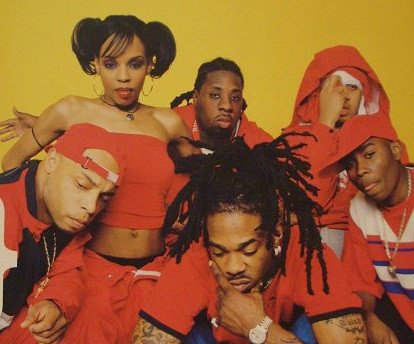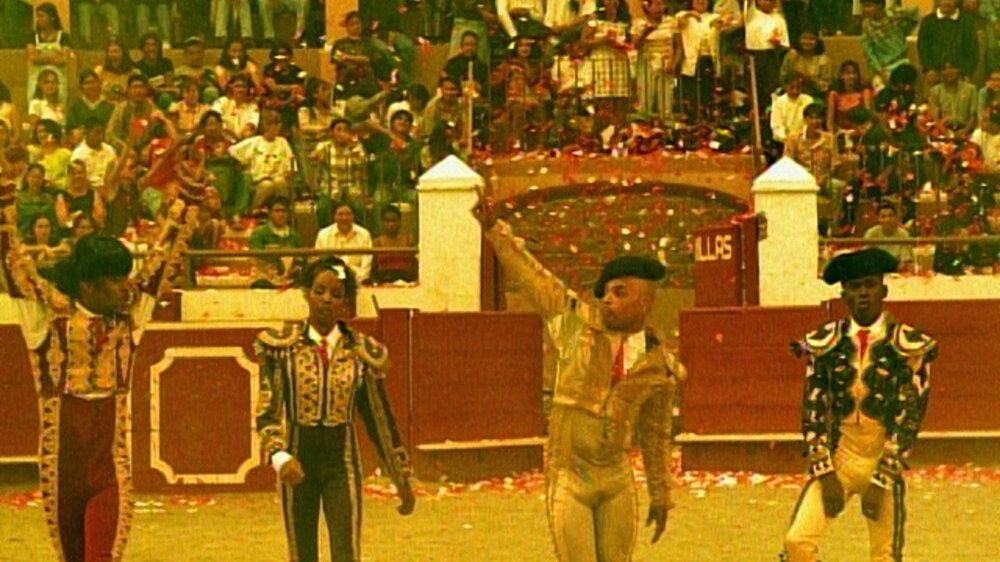I believe that the exact same process also leads eventually to a forgiveness of those exact same parent/authority figures.
A 20-year-old who is defiantly rebelling against their childhood structures and beliefs is understandable and is, in some cases, to be commended.
If that same person, forty years later as a 60-year-old continues to define his/her life primarily in terms of that rebellion, now it is sad.
If I blindly define myself as ‘in favor of’ you, that is not independence of view.
If I blindly define myself as ‘against’ you, that is also not independence of view.
The more that we step into our own power, I think, is also the more empathy that we have available to extend to others who have attempted to do the same thing we are doing: to step into their power.
We recognize–with dignity–our own imperfection, and we accept, as our sacred right, that we will continue to learn, grow, improve, and evolve as imperfect–but continually developing–beings.
Yet if we recognize and embrace our own imperfection; then it no longer makes sense to rail against the imperfections of those who have shaped, influenced, oppressed, supported, or constrained us in the past.
In the final analysis, they are basically the same as us:
Empowered and Imperfect, in equal parts.
The fact is that we are genetically ‘wired’ to worship Power, in all of its forms. Power is what humans worship. And have always worshipped. Consciously and/or unconsciously.
We may not go to a church or join a religion, but we spend and invest our emotions, our attention, our obsession, on whatever subjectively strikes us as POWERFUL.
Life-and-death. Money. Emotional attachment and Social Connection. Acclaim. Courage, Boldness, and Bravery. Competence. Impeccability. Food. Influence. and Beyond.
Look at these closely and you see they are nothing other than ‘the Gods’ that have been enshrined in every group and culture in the world.
Different names and clothes, but same archetypes.
It’s our nature to worship power. We’re not going to change that nature. But we need to understand it so that we can worship more responsibly. More intentionally.
I believe that the capacity for awe and the expression of awe are requirements of a healthy existential life.
Awe is Worship.
That anger against our parents, our people, our religions, our churches, our leaders. Yes, it is justified.
But it comes because, on some level, we still believe that they were supposed to be perfect.
We can join. We can leave. We can fight. We can reconcile.
But until we transcend the childlike need for them to be perfect and complete, we will not be free of them.
On the other hand, as soon as we embrace and accept them in their imperfection, we are free; whether we choose to stay or to go; to argue or to be silent.
It is my need for your perfection that enslaves me. It’s not truly anything that you do.
I believe that my responsibility and my task, then, is to work with my need:
- Recognizing and accepting my need.
- Decreasing or changing my need (where that is possible and healthy).
- Seeking ways to responsibly meet my need.
All the while recognizing that I am doing so imperfectly.
And yet cultivating the humble courage to try anyway.





